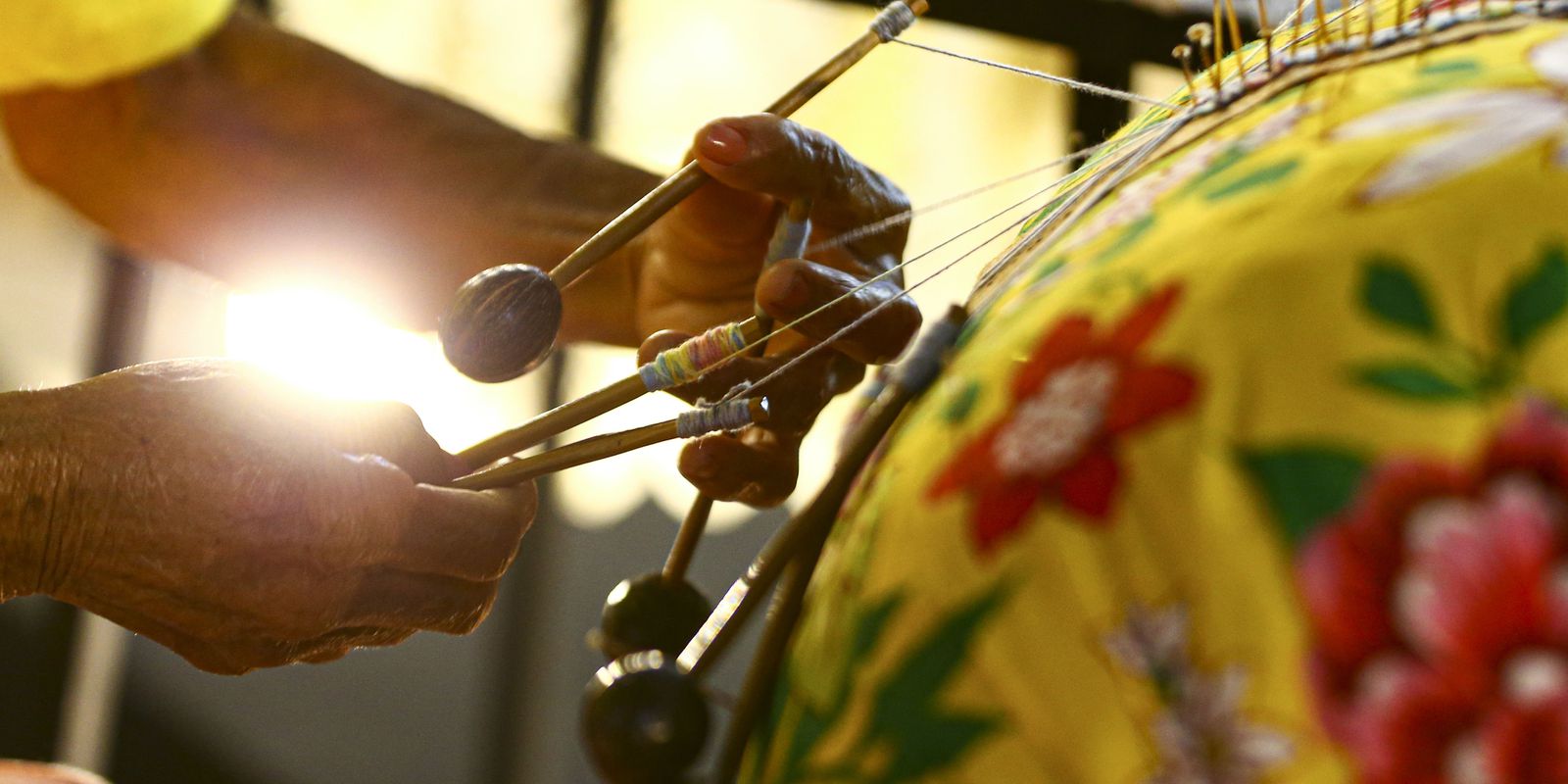In 2020, the economy of culture and creative industries (ECIC) in Brazil moved BRL 230.14 billion, which is equivalent to 3.11% of Brazil’s Gross Domestic Product (GDP) in the period. O data was released today (10) by the Itaú Cultural Observatory, which developed a new methodology to measure the sector’s impacts, based on microdata from the Brazilian Institute of Geography and Statistics (IBGE).
As a result, the economy of culture and creative industries overtook other very important sectors for the Brazilian economy, such as the automotive sector, which accounted for 2.1% of the country’s wealth in 2020. It was also slightly below another very important sector for the country’s economy, construction, which corresponded to 4.06% of GDP in 2020.
“In addition to making art and culture more human, we are also developing this country from an economic point of view,” said Eduardo Saron, president of Fundação Itaú, an institution to which the Observatório Itaú Cultural is integrated. “What we want to draw attention to is the opportunity for growth there and how much it generates employment and income. When we provide this information on GDP, it could be even greater if we could go beyond the commodities. To the commodities are important, but we need more and better policies and society’s awareness of our sector as well. And these numbers bring that to light,” she added.
The sector of the economy of culture and creative industries encompasses segments such as fashion, craft activities, publishing industry, cinema, radio and TV, music, software development and digital games, information technology services dedicated to the creative field, architecture, advertising and services business, design, performing arts, visual arts, museums and heritage.
The first survey prepared by this Itaú Cultural Observatory showed that, in 2020, the sector employed more than 7.4 million workers and was home to more than 130,000 companies. It was also responsible for 2.4% of the country’s net exports.
Another data pointed out by the survey was that between 2012 and 2020, the GDP of the economy of culture and creative industries grew faster than the total wealth generation in the country. During this period, the sector of the creative segments advanced 78%, while the country’s total economy grew 55%. “Cultures and creative industries are relevant and, I can say, essential for thinking about economic development strategies in the world”, said Leandro Valiati, a researcher who helped to develop the new methodology for measuring the sector’s GDP. “This economic sector is absolutely relevant, especially because of what the world experienced during the pandemic in terms of transforming the ways of producing and consuming,” he said, during a press conference this afternoon at the headquarters of Itaú Cultural, in São Paulo.
“These numbers show the economic potential of these activities and the space that these activities have in the scope of public promotion in Brazil. And in the scope of policies for the development of the sector there is a mismatch, that is, there is a need to deepen these measures in a proportional way importance for the GDP”, highlighted Valiati.
Methodology
The GDP of the economy of culture and creative industries of the Itaú Cultural Observatory was prepared based on the income criterion, which includes salary mass, profit mass and other income earned by companies and individuals in the country. To create this methodology, data from the National Household Sample Survey (PNADc/IBGE), the Social Information List (RAIS), the Serial Assessment Program (PAS) and the Annual Commerce Survey (PAC) were used, in addition to the Tables of Resources and Use of the IBGE (TRU) for tax accounting and the Rouanet Law accountability history.
The methodology was developed over a year and a half by a group of researchers led by Leandro Valiati, professor and researcher at the Federal University of Rio Grande do Sul and the University of Manchester, in the United Kingdom. Data for 2021 and 2022 have not yet been released as they are awaiting an update to the IBGE database.

















